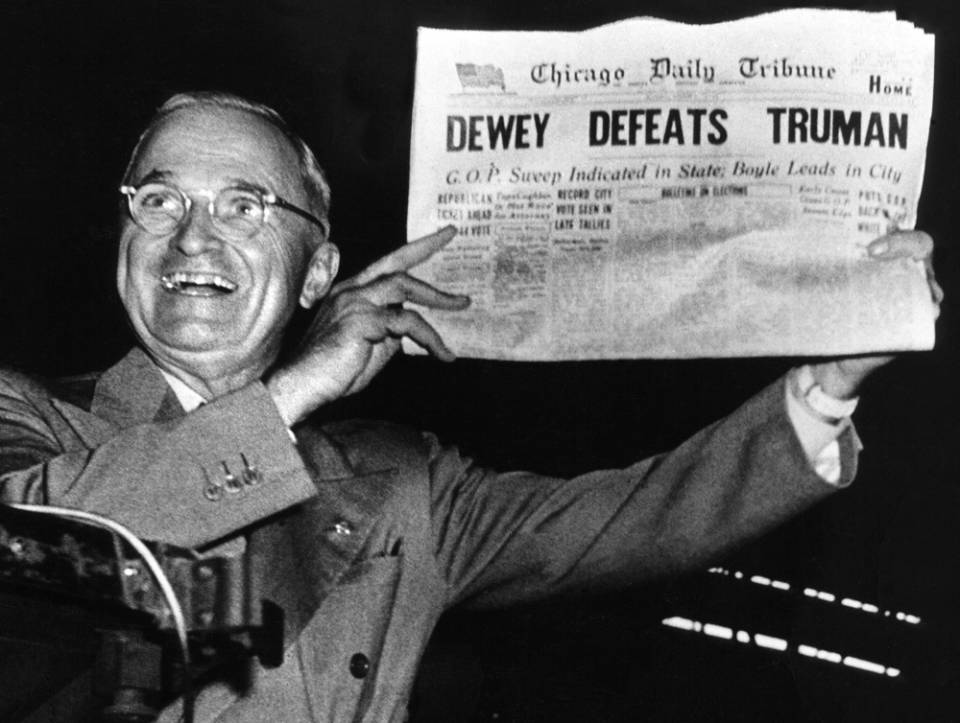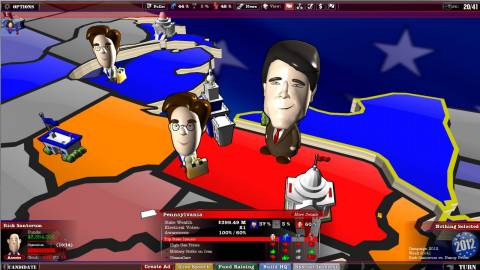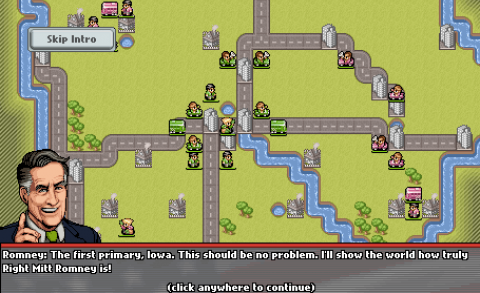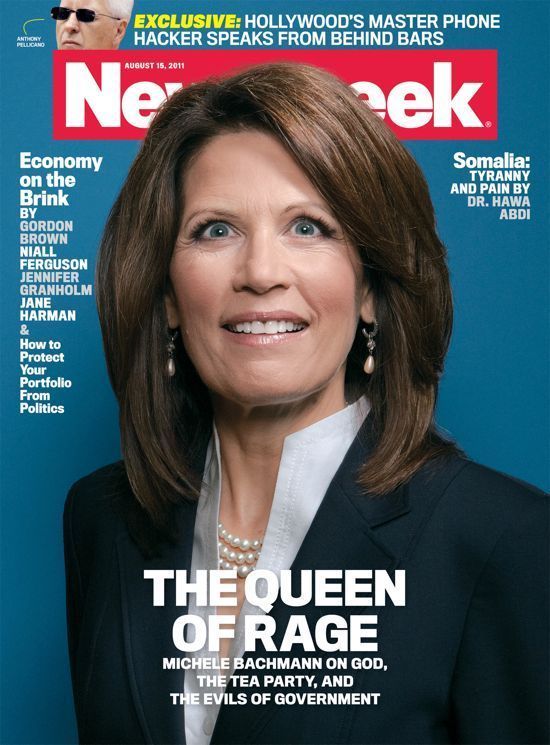
Games are not made by robots, they are made by people. People have opinions, and people are biased. What happens when people are tasked with making a video game about the taboo subject of politics?
Barring another painful recount, America will choose a new president tomorrow. The political season kicked off with the Republican primaries at the start of the year, and concludes with the choice between Democrat Barack Obama and Republican Mitt Romney on November 6. Political years tend to generate a few politically themed games, too, despite the industry’s near all-encompassing aversion to touching a topic that impacts so many of our lives.

Two such games are The Political Machine 2012, a long-running series simulating the general election between each party’s chosen candidate, and Strategery 2012, a tongue-in-cheek look at the election framed through Nintendo’s popular Advance Wars games.
The Political Machine debuted in 2004 from Stardock, a developer known for its work in the strategy genre, and published by Ubisoft. Stardock took over the publishing rights for the 2008 version, and also published the most recent edition.
Chris Bray joined Stardock roughly a year ago, and served as a producer and lead designer on the The Political Machine 2012. Bray had no problem admitting his own political leanings when we spoke.
“I’m liberal but I tend to be pretty independent--maybe everybody thinks this way. [laughs] I don’t know,” he said. “I tend to be pretty open minded to all sorts of opinions, and hearing people out.”
The goal of The Political Machine is to “poke fun at both sides” through a video game that's belief agnostic. That means a liberal, conservative and anything in-between or outside should be able to play it and have fun. Despite using real-life polling to fuel the underlying game data, it’s perception in the wild always changes, and Bray said Stardock’s received feedback from consumers that this version of the game skews democratic.
Stardock is filled with all manners of political beliefs, according to Bray, including conservatives and libertarians alike. Most importantly, however, is Stardock CEO Brad Wardell, who Bray described as “a pretty conservative guy.” When Bray joined The Political Machine 2012, the two discovered how their own political biases were bleeding into the design of a game ostensibly meant to be neutral.
“When he [Wardell] did some of the game balancing on previous versions, he tended to make the democratic candidates or liberal demographics of different states have much stronger views in favor or gains something,” said Bray. “I didn’t know that going into it, and my balancing and tweaking for 2012--new issues and that sort of thing--I ended up doing the exact same thing for the conservatives.”
Bray wasn’t hired to bring a certain political view to The Political Machine, but Bray said it was impossible to avoid certain conversations while working on the game. Big election issues are built into the game’s design, so by its very nature, developers working on the game need to make design calls on what should or shouldn’t be in the game.
Issues that were added to a recent patch of the game included “Chik-fi-let,” related to a flare up about the restaurant Chick-Fil-A’s position on gay rights; “Provide tax returns," a criticism from the Obama campaign about Romney’s limited release of his personal tax returns; and "Government builds business,” a meme from Republicans pulled from an Obama statement about the role of government.
The range of opinions at Stardock keeps Bray in check when his views could skew the game.
“When we were doing caricatures of all the different candidates, I had to hold myself back from making some of those,” he said. “Michele Bachmann had some really crazy eyes in the first art pass that I did. [laughs] Then the conservatives would jump in, and we’d get into the other side, too, or tone down the more extreme cases.”
Whereas Political Machine attempts to remain neutral, Strategery 2012, the brainchild of a former Firaxis intern, doesn’t pretend to hide its bias. Michael Silverman self-identifies as a liberal, and the Republican primaries prompted him to begin putting together what would become Strategery 2012.

Strategery 2012, both aesthetically and mechanically, will look familiar to Advance Wars fans. There are two modes: primary season and the general election. During the primaries, you play as Mitt Romney, but the general election gives you the chance to play as Barack Obama, too. Take control of campaign staffers, move ‘em around the map to earn votes, and occasionally unleash a super power. Romney can suppress votes, Bachmann says...well, stuff that would make most anyone raise an eyebrow.
“I’d admit that it’s slanted left, in my opinion,” said Silverman. “I wasn’t trying to stay perfectly neutral. But, like the SNL philosophy, they’re happy when they’ve poked fun at everyone. I wanted to try and make sure I got a shot in at everyone--even Obama, even though I’m on his side. The goal was to skewer the whole thing.”
Silverman’s interpretations of the candidates are based on their primary performances. Bachmann’s penchant for wild statements is balanced against “fact checks” after she deploys her special power, “Right is Right.” Based on the response to fact checkers this election cycle, to some, that itself may be picking a side. One man’s caricature is another man’s skewering of the truth, though Silverman claims the response hasn’t been particularly political.
“Don’t think that because I used real quotes that this is a totally unskewed, fair representation,” he said. “If you let someone take your quotes and mess them around and play with them, you can make anybody look all kinds of ways. [laughs]”
Prior to release, Silverman hadn’t asked a Republican-leaning player to check out Strategery 2012, and find out what other side thought of his characterization. To find out whether Silverman had painted an accurate picture of the Republican field, I asked for Republicans following me on Twitter to drop me an email. I’m surprised how many of them have put up with my own loud mouthing on Twitter throughout the election, so bravo to you brave souls.
“Well they made Obama seem like a ‘good guy’ and made everyone else seem either ruthless, out-of-touch, or clueless,” said longtime Republican Reid Spottswood. “Not that I think Bachmann or [Texas governor and former candidate Rick] Perry were geniuses, but everyone's character were basically caricatures based off of gaffes that blew up on the internet. [...] I do not think my political viewpoint is represented at all in this game, but I don't blame the game creator for this since that was obviously their intent.”

“Funny enough, the political setting of it didn't really affect any of what I played during the primaries portion of the game,” said Josh Williams, a former Republican who still votes conservative. “During the general election, I ended up saying to myself ‘I'm going to win without getting votes...I'm just going to kill everyone before the votes are there’. It was an interesting thought to pop into my head.”
“The Republican viewpoint in general throughout that game is a bit outlandish in its presentation, relatively over-the-top,” continued Williams. “Then again, looking at the party now, it's a bit of a big top circus show already. However, the game goes in a direction that is a bit more...simplistic...than what Republican issues are. It tries to nail them down as some basic essentials when many of the issues brought up on the Republican side through that game have far more parts to it than just ‘yeah, voter IDs’ and ‘yeah, cut funding to PBS.’ There are reasons beyond that, but it only shows what the media and social culture have decided to make those issues about.”
“I thought the game was a pretty good satire of a lot of what goes on in politics,” said Ben Vance, who’s already cast his vote for Romney. “The game's political stance certainly seemed to be more opposed to the GOP than I would have liked, but there were many critics that rang true. [...] Many of the jabs, such as Michele Bachmann's tendency to hurt her credibility through dumb statements, I feel were pretty accurate, and probably the feeling of many Republicans as well. [...] I felt like it left out much of the things I like about the GOP platform such as fiscal responsibility and limited government. However, I did like the idea of Mitt being more of a moderate. The ‘Moderate Mitt’ power was usually amusing, and it's in some way one of the big reasons I support him.”
It appears Silverman was mostly successful, insomuch as a liberal can with a conservative. Having an enjoyable game driving it probably helped. Several Republican-leaning players I asked to try out Strategery 2012 remarked how the game’s representation of their preferred party didn’t matter. They focused on trying to win the game.
Strategery 2012 and The Political Machine, whatever their leanings, are outliers. Games and politics aren’t a well-represented mix, though Microsoft has tried to engage Xbox 360 owners with political coverage via Xbox Live. The aforementioned games are pieces of entertainment, with creating an informed electorate hardly being the focus. The ReDistricting Game, on the other hand, was created to specifically teach individuals about an important but ignored process of redistricting, which has so much to do with the makeup of the House of Representatives and Senate.
Neither Silverman nor Bray are surprised there aren’t more political video games, though. It's a hard sell, and passions flare red hot, especially in today's polarized electorate. There's not a huge incentive to roll the dice.
“Game designers should try and talk about things that relate to the real world, whether it’s even allegorical and relates to the real world, or it’s a topical thing,” said Silverman. “To make games more relevant, it’s helpful to focus on things--personal insights you can give to the player.”